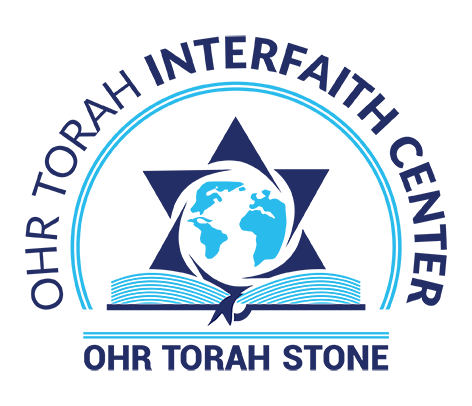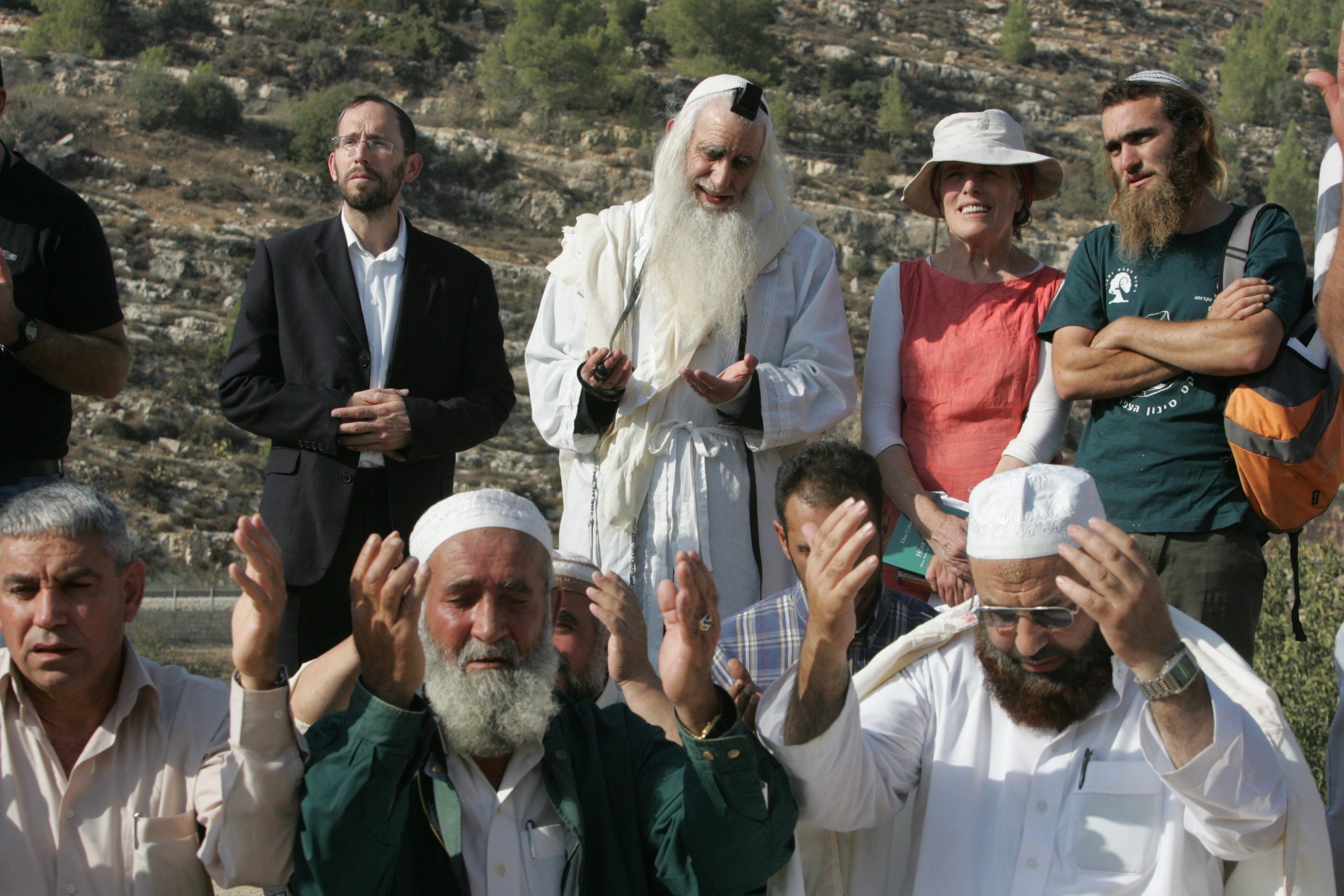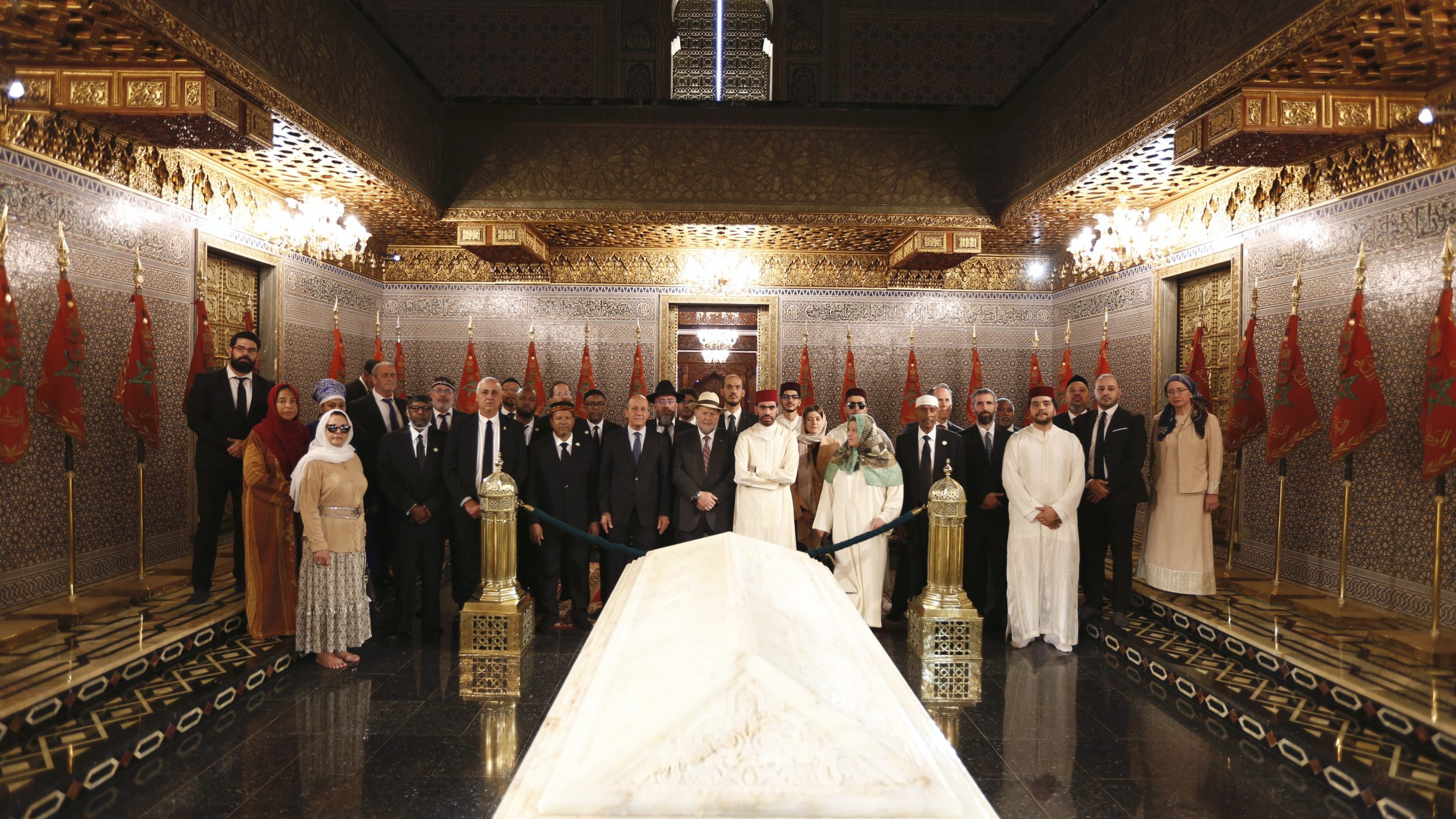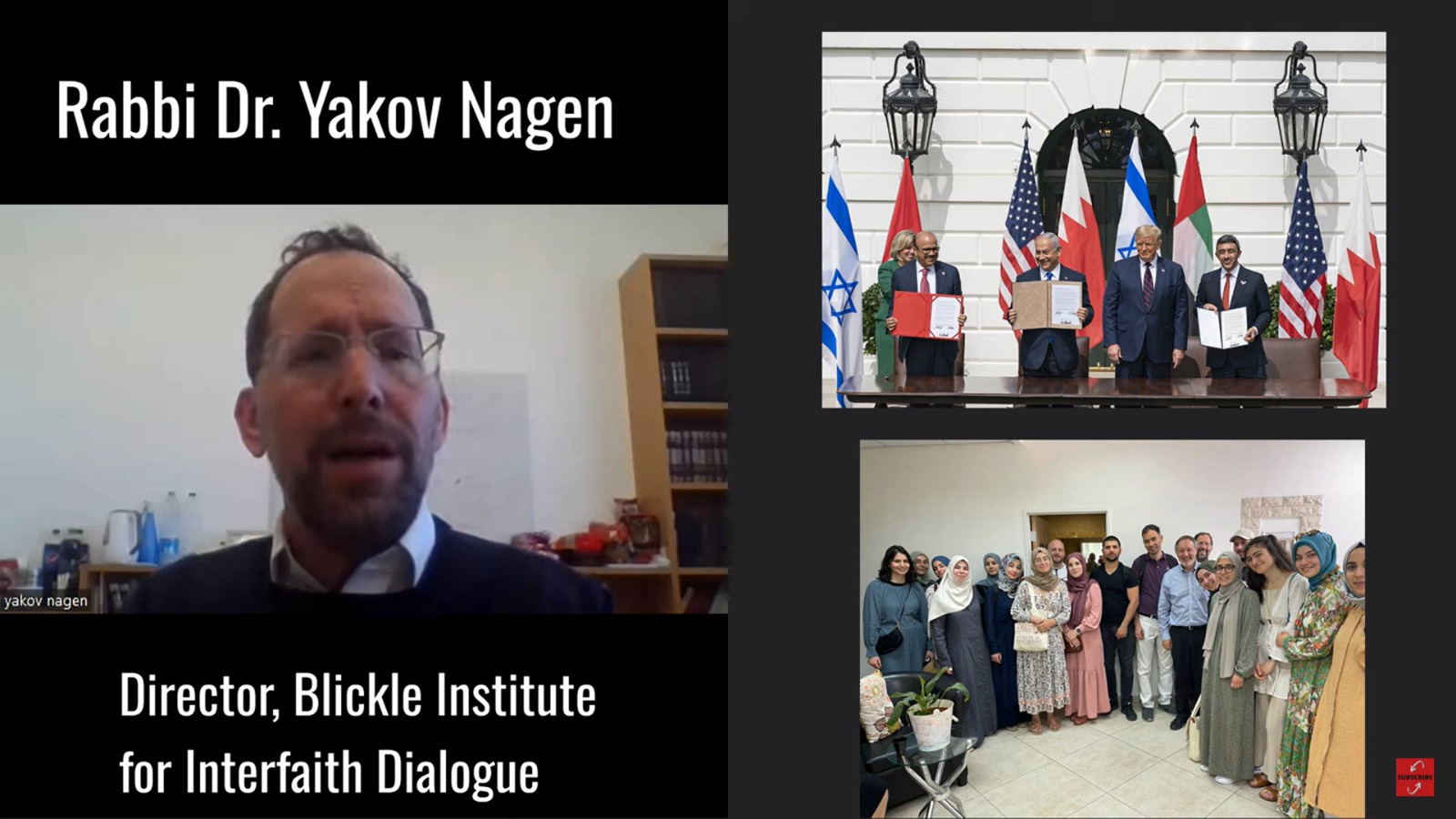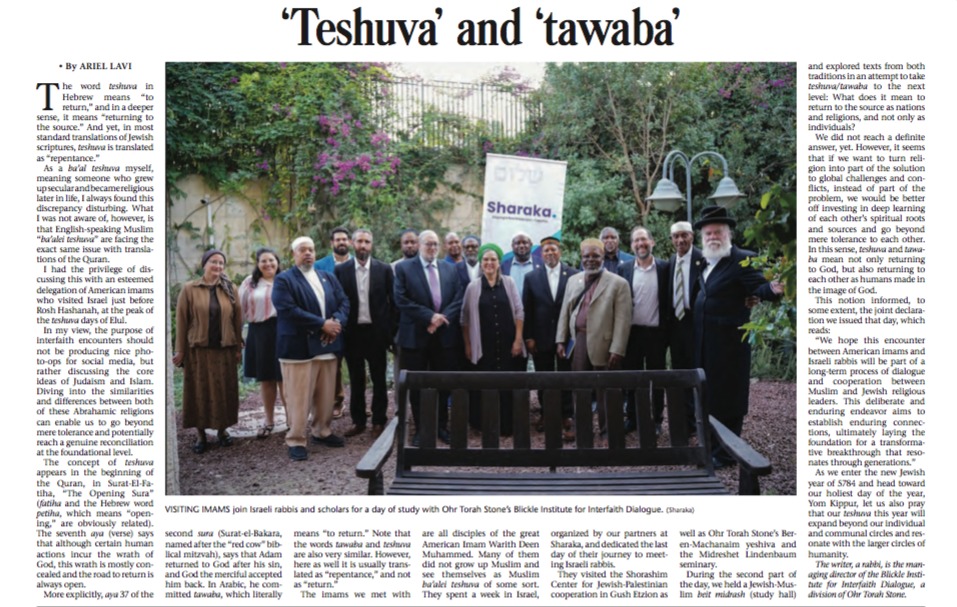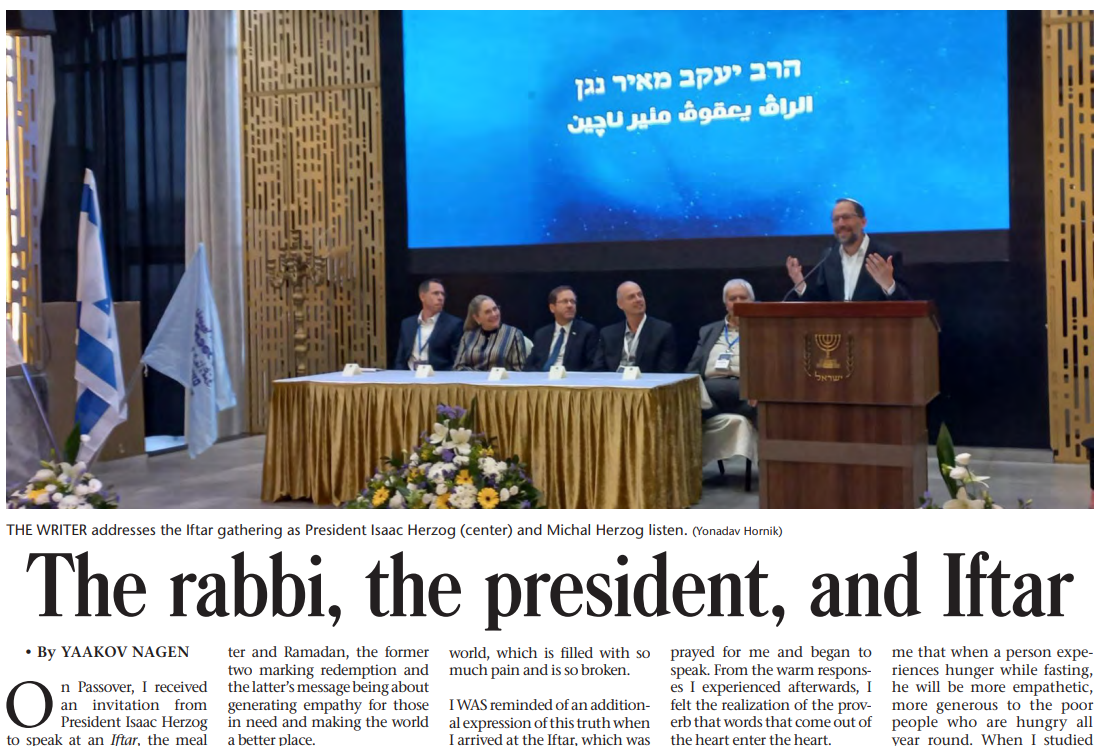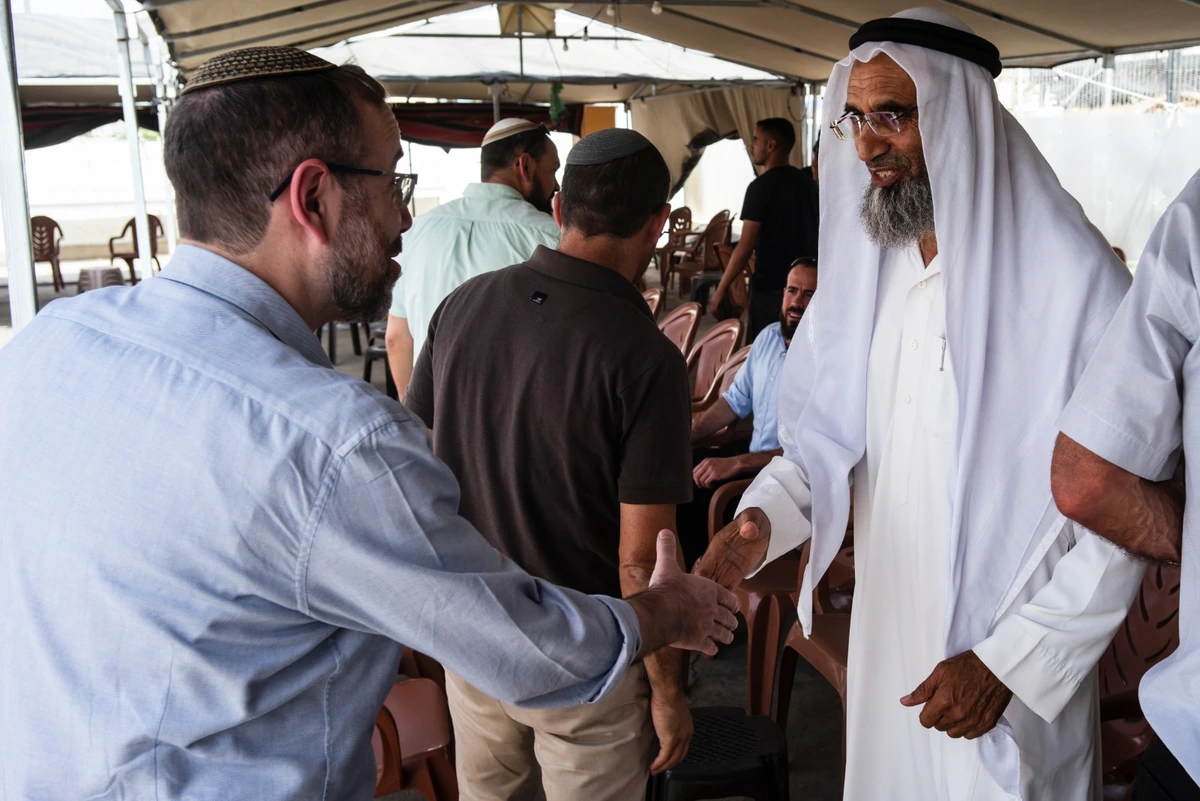![]()
FEATURED POST
Eid al-Adha is a good time to improve Jewish-Muslim relations
Both Jews and Muslims remember Abraham’s near-sacrifice of his son, a shared backstory that makes me hopeful for our joint future.

Rav Nagen Meeting with Fethullah Gulen, spiritual leader of the Hizmet movement
Eid al-Adha, one of the two major Muslim holidays, can be a focal point for Jewish-Muslim relations. Formative to both Jewish and Islamic traditions is the great faith and devotion of Abraham, expressed in his willingness to sacrifice his son in submission to the will of God. Jews commemorate this event on Rosh Hashana; Muslims commemorate this event on Eid al-Adha, known as The Feast of the Sacrifice, falling this year between June 28 through July 2. God is a God of mercy and love, so that both versions of the story end in life and blessings – not in death.
The differences in the tradition should also be embraced and serve as a source of connection. In the Bible, the son is Isaac, whereas – although the Quran does not explicitly designate the identity of the son – according to Islamic tradition, the son was Ishmael. A close friend of mine is a Muslim sheikh from Nazareth. When once asked who the son was in the story of the sacrifice, he replied, “If it is Ishmael, it is my father. If it is Isaac, it is my uncle. Either way, it is my family and family we must love and learn from. His word recalled to me the poignant scene in the Bible where Isaac and Ishmael come together to bury their beloved father (Genesis 25:9).
My father in law, Bible Professor Uriel Simon, points out that in a close reading of the Bible there is truth in both traditions. Parallel to the story of Abraham being asked by God to sacrifice Isaac, the Bible tells the story of Hagar going into the desert with Ishmael. In that story too, there is a danger of death, Hagar believing that Ismael will die of thirst. There too, at the last moment, an angel from God comes to say that the son is spared, and there too the son receives great blessing.
The great insight that Rabbi Jonathan Sacks derives from the parallels between the two biblical stories is that the Bible teaches that neither son, Isaac nor Ishmael, is rejected; both are blessed. That is the message that Jews and Muslims must embrace.
In my recent visit to the home of Fethullah Gulen, spiritual leader of the global Islamic Hizmet movement, I saw in his room the picture of the verse from the Quran, “Abraham is the beloved friend of God.” Abraham loved both of his children and all their descendants. And just as God loved Abraham, He loves all of Abraham’s children. In fact, each of the five daily prayers in Islam refers to the blessing given to Abraham and his descendants (the Salat al-Ibrahimiya).
Furthermore, in the Quran, the story of the sacrifice ends with a blessing to Isaac: “And we blessed him glad tidings of Isaac, a prophet from among the righteous. And we blessed him and Isaac” (Quran Sura AL-Saffat 37:112-113).
The very name of the recent peace agreements between Israel and Arab nations symbolizes a paradigm shift. As opposed to previous accords, Camp David and Oslo, named after locations foreign to the Middle East, the name “Abraham Accords” expresses the shared religious heritage uniting Jews and Muslims. If religious identity was once a wedge dividing Jews and Muslims, here it is being channeled to create a narrative of connection.
Perhaps we should take this language one step further and call future peace agreements the “Isaac and Ishmael Accords”!
Ultimately, the goal goes beyond the Middle East, beyond Jews and Muslims. We must join together to return to the first father and mother, Adam and Eve, to create global respect and brotherhood for all humanity. The Talmud teaches that this is why God chose to limit creation to begin with one common ancestor for all (Sanhedrin 37a).
If, in the conflicted Middle East, we find the path for reconciliation and connection through our common roots, this can give hope and direction for our broken world to build a joint future for all.
Rabbi Dr. Yakov Nagen is the Director of Ohr Torah Stone’s Blickle Institute for Interfaith Dialogue and the Beit Midrash for Judaism and Humanity. He is also a Rabbi at the Yeshiva of Otniel. His book “Be, Become, Bless – Jewish Spirituality between East and West” was recently published by Maggid.
